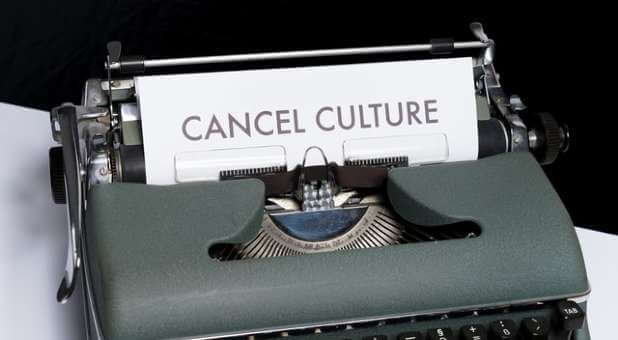In the 1980s, when I was in my 30s, I was heavily involved in building bridges between Blacks and whites—mainly within Pentecostal and charismatic circles. Charisma magazine has had dozens of cover stories on Black leaders over the years. And I have attended many meetings on reconciliation and even hosted a few in our offices. In that era, few other Christian magazines even covered the Black church, let alone champion it or its leaders.
I had been doing my part for racial reconciliation since I was in high school in the days when the South was just integrating its schools. I wrote editorials about racial reconciliation in 1969 when I was on the student newspaper at Lakeland High School. I framed one of them in my office because I am proud of it.
I have been an advocate for racial reconciliation for almost my entire adult life. So, I was surprised—nay, shocked—when one of our writers called me a racist back in the late 1980s and said he would get the Christian Black community to boycott Charisma. Allow me to give you the backstory which I told in a recent podcast.
In the late 1980s, Jamie Buckingham, my late mentor, officially took on the editorship of Ministry Today, our magazine for pastors. He picked leaders to write columns on various topics affecting ministry. Buckingham had a friend, an African American professor (someone I did not know at the time), whom he asked to write a column called “The Black Experience” because he believed (as I did) that it was an important subject and that it should be written by someone of color. It ran in the magazine for several years.
Later Jamie decided to rotate columnists and ended several, including this one. Apparently writing the column gave this professor prestige in his circle of influence, and he was not happy, even angry, at the decision to end it. He seemed to feel it was his column, and we did not have the right to end it. The only possible reason we did so (in his opinion) was because we were racists, not considering that racists would have never asked him to write a regular column to start with.
I was shocked. Even though he also called Jamie a racist, no one had ever called me that, and I took it personally. I was upset and didn’t know what to do. Because I knew some nationally known African American leaders, I visited two very high profile leaders in their offices to seek their advice after explaining the situation in person.
What I discovered surprised me. Both leaders independently told me not to worry. They didn’t consider this man to be that influential. And they knew neither I nor those who worked with me on Charisma or Ministries Today were racist. (You’d recognize the names of each national leader, and I’m still friends with them all these decades later.)
Nothing ever came of the threats of a boycott. The tiny controversy blew over. A couple of years later the professor who wrote the column approached me at a racial reconciliation meeting and wanted to be sure things were fine between us. I hugged his neck and assured him I forgave him. I’ve not heard from the man since.
But this experience made me aware that people who are angry would try to “cancel” me by telling people to boycott the magazines. (These were the days before the internet.) It was foreshadowing of what today we call “cancel culture,” which is such a problem I’ve written a new book called God and Cancel Culture (which releases Sept. 7).
It was also foreshadowing that angry people would call others racist merely if they disagreed with something you did. It has nothing to do with if you are actually racist. Today there are those on the Left who use the term for anyone they disagree with. The new critical race theory even says all whites are racist merely because they are white. How absurd.
One of my Black preacher friends explained to me later that this professor must have wanted to insult me (and Jamie). Instead of using some swear word, he used the worst term he could think of: racist.
As far as I can remember, no one has called me a racist since that experience, and you can tell I still feel passionately about racial reconciliation. It’s something I’ve covered as a journalist, and it’s something I’ve tried to live out.
I want to continue to build bridges with the platforms God has given me. Charisma Media will continue the champion the cause of reconciliation and to cover what some call the Black Church. Even our recent Charisma cover story on Gospel singer Tasha Cobbs Leonard (June/July 2021 issue) is the latest example.
You can hear the rest of this story—and it’s one you will really want to listen to—on this podcast I just recorded, titled: Stephen Strang; When I was Called a Racist.
And I want to encourage you to pre-order my new book God and Cancel Culture. I’ve also started a new podcast called God and Cancel Culture that I think you’ll find very interesting and want to start downloading immediately.
As I look back, that experience helped prepare me for what we are experiencing in our culture today. I hope my experience helps you see that just because someone uses the word racist, it doesn’t mean it’s true. {eoa}
Read articles like this one and other Spirit-led content in our new platform, CHARISMA PLUS.
















































